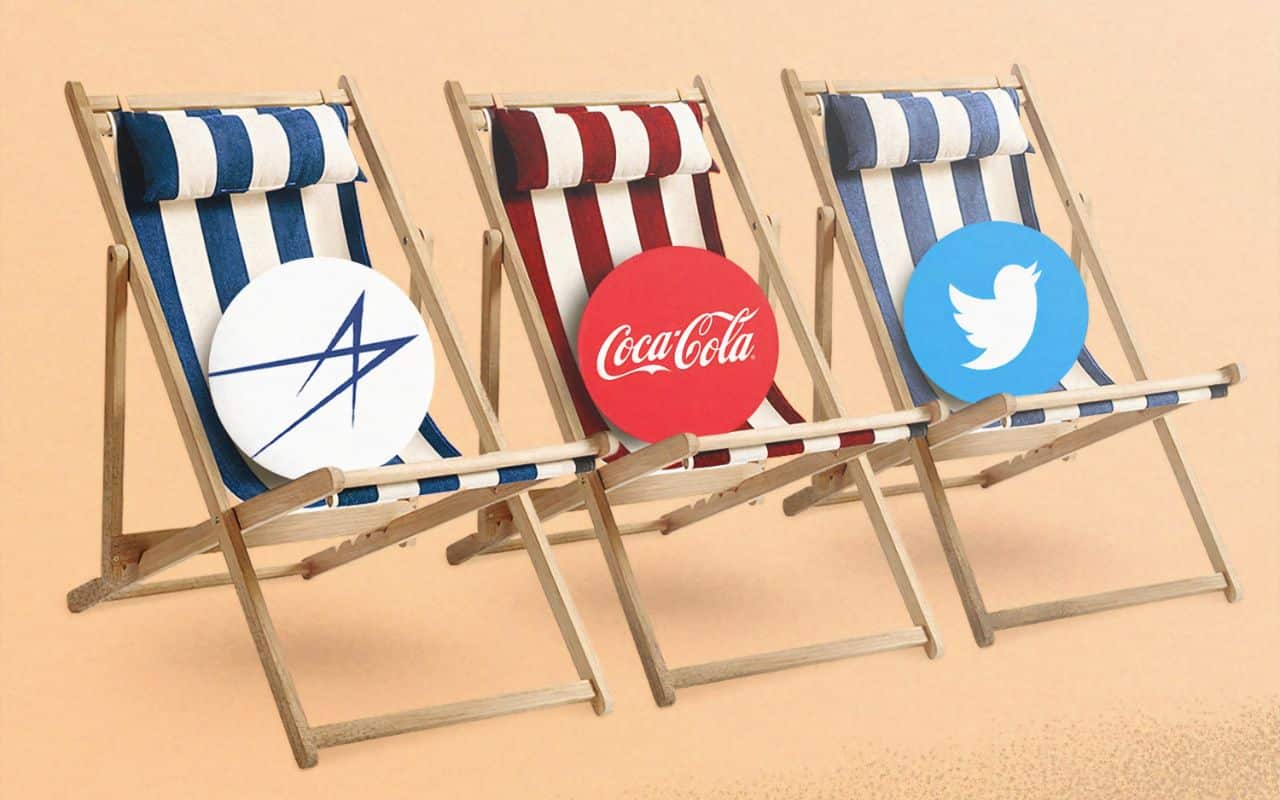Author, Clayton McCoy
Numerous articles, opinions and predictions exist about the long-term impact that Covid-19 will have on business and markets for the foreseeable future. This is not another one of them but what we do know with a fair degree of certainty is that the outlook for most sectors is not great. And that no-one really knows just how bad it will be.
And unfortunately for brands around the world, trying to predict what needs to be done from one moment to the next in order to exist and thrive in this new world is still quite unknown, because this new way of existing is still emerging.
Idea Foundry is not in the business of recommending one size fits all approach to brand building and that is certainly not the intention of this article. However, we would like to suggest that brands consider adding a challenger component to their DNA or central philosophy and use it as a tool to assist with not only emerging out of this pandemic, but doing so stronger than before.
Being a challenger; a way of thinking rather than your market position
There is a common misconception that only start-ups, smaller brands or those that are competing against a dominant category leader have the right to claim challenger status. This arguably was the case traditionally, with the classic case of the dominant Coca-Cola versus Pepsi, the brave challenger certainly aiding this perception. However, in an age of exponential change, being a challenger brand is more of an ideology or way of thinking.
Adopting a challenger mindset and culture in today’s world can power unique and significant competitive advantage. And the fundamental reason behind that is the very nature of what makes a brand a challenger: seeking to question and challenge everything around it. Being a challenger no longer means challenging another brand. Rather, a more widely useful and practical definition suggests that being a challenger brand is more about challenging the world around you and everything in it.
The one thing that will become a necessity for brands in the broader economic Covid pandemic – is the need to challenge what they know. What they think is a given. Because attempting to emerge from it with the same assumptions and understanding of their operating environments is bound to pin brands back rather than propel them forward. By stepping back, taking stock and taking nothing for granted – brands have an opportunity to innovate, develop agility, become change masters, and importantly – contribute to a new way of life for its consumers.
And while the Covid-19 pandemic will pass, it is likely that the world’s rate of change, mass disruption and shifting brand environments will become the norm. Being able to challenge and reinvent real time, is likely to be one of the most important factors of brand success and relevance in the foreseeable future. While no brand will ever have the answers to every set of questions, it has become so much more important to be able to ask the right questions. In these questions, lie the opportunities for greatness.
Putting a challenger ideology into practice
With brands having likely been focused on stopping the tide of the initial damage of market closures seen all over the world. It is time to think beyond this unfortunate short-term stop gap and plan for how to survive and thrive in the longer-term. Because, rest assured, things will be different for a long time, if not forever. Adopting a challenger mindset can inform a robust way forward for brands, and one that may even unearth unexpected and bountiful opportunities.
Creating this mindset begins with developing a new and aggressive vision for the future, in the wake of the uncertainty that we find ourselves surrounded by. An ambition that is far greater than the resources at your disposal. What change would you like to see in the world? How can your brand or category better service its target audience in a post-Covid reality? This requires boldness, visionary thinking and setting out the detailed steps required to achieve that vision. And then – by natural implication – you’re going to have to challenge something.
It may be your ways of thinking, your culture and practices, perhaps limiting beliefs. It may be how you understand your market or category idiosyncrasies that could be improved upon for the greater good of your customers or the world. It may be how you understand your customers, how your customers’ needs will shift over time, what they will expect from your industry, or where your future customers are likely to come from. It may be some of these or it may be all of those – but you’re definitely going to have to challenge something about the world around you in order to upset the status quo, find new areas of growth and succeed.
As Eat Big Fish’s Adam Morgan states – the biggest risk brands face right now is not rejection but indifference. In a panicked world in which consumer preferences and market realities are evolving every day, being bold and brave, seeking the uncomfortable and challenging everything that was deemed to be a given will be the hallmarks of brands that come out of these tough economic times ahead.
Adopting a challenger mindset will set you well on the way to doing so.
Clayton McCoy is the Strategy Director at Idea Foundry
Idea Foundry is a unique collective of skilled craftspeople from different backgrounds in brand, marketing, creative, strategy & insight and analytics collaborating to craft solutions that ignite and drive disruption and ultimately deliver the best results for the brands within a constantly changing consumer world!



















